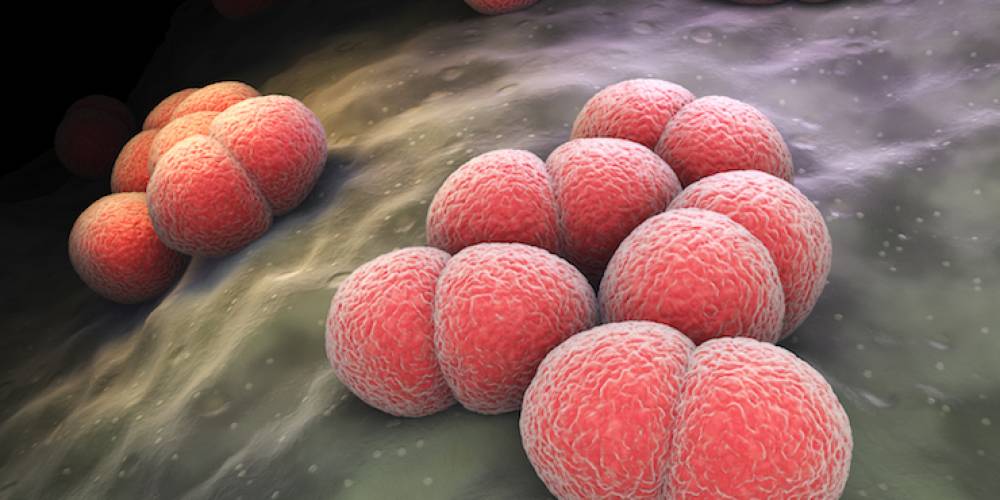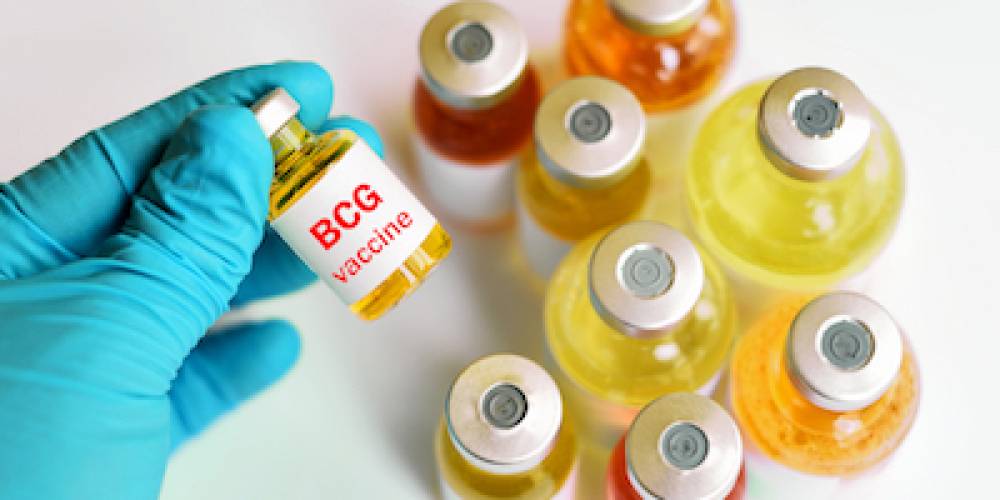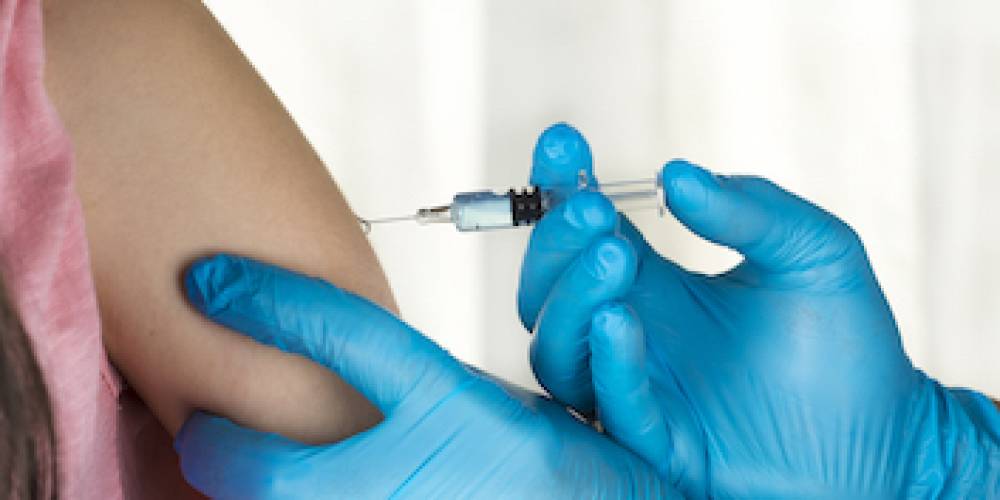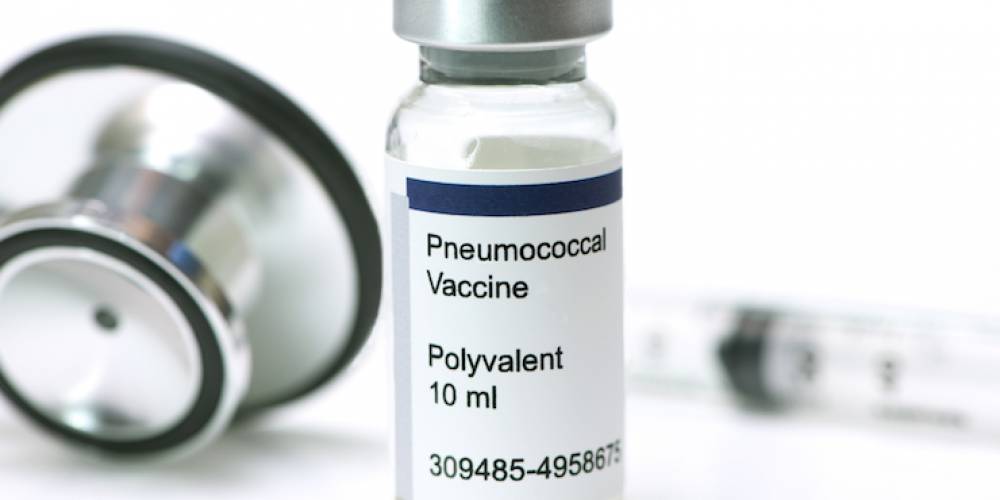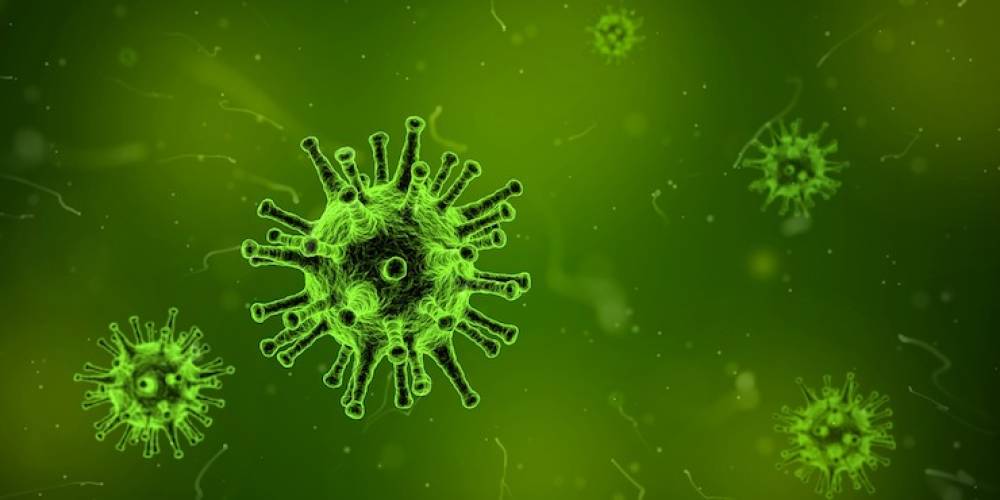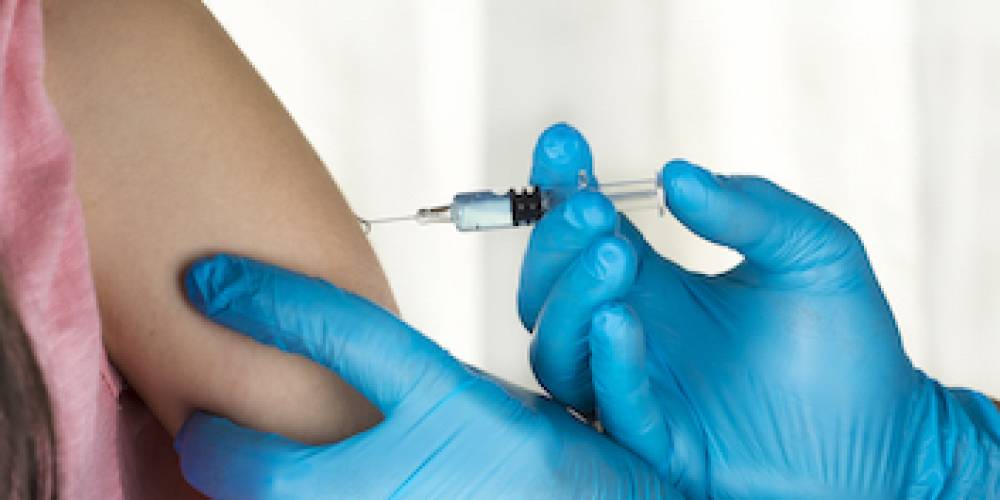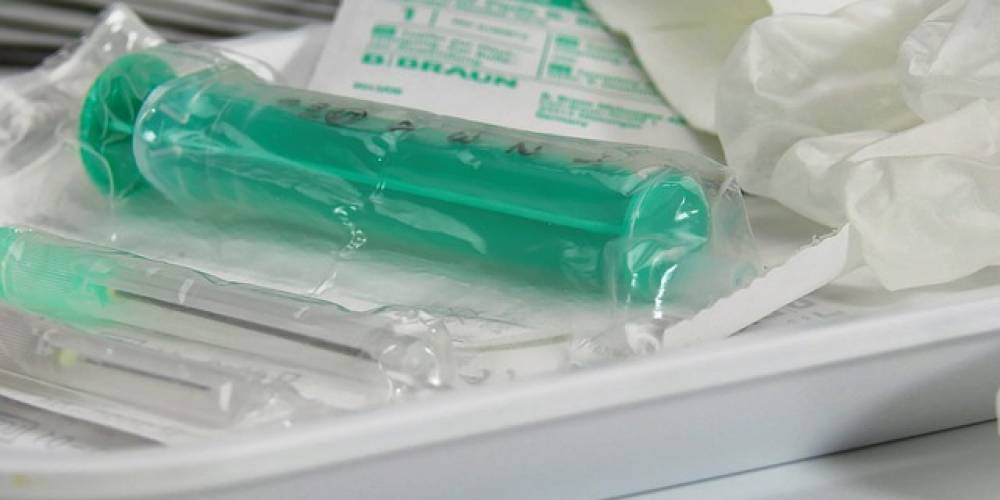Baby’s Disease was Reaction to BCG Vaccine Abstract Although Kawasaki disease (KD) is a self-limiting disease, it may cause sudden cardiac death. Diagnosis of KD is principally based on clinical signs; however, some infant cases do not meet...
Read moreTuberculous meningitis in Bacille Calmette-Guerin-vaccinated children: clinical spectrum and outcome.
Abstract The Bacille Calmette-Guérin vaccination (BCG) contributed widely to reduce tuberculosis incidence in developing countries. The aim of this report was to assess the clinical “spectrum” and outcome of tuberculous meningitis in...
Read more‘We are seeing increasing numbers of small children with hyperacusis. This may be on its own, or in association with other processing or behavioural disorders such as A.D.D., autism and Williams syndrome.’
http://www.tinnitus.org/home/frame/THC1.html Here is another example of hyperacusis after live virus vaccine (MMR) in a one year old male child on a VAERS report: Symptoms: Autism, Encephalopathy, Hyperacusis, Immunoglobulins...
Read moreBCG vaccination causes immune activation of CD4 T-cells in infants similar to that seen in AIDS
BCG vaccination, routinely given at birth to protect from tuberculosis (TB), causes an immune-activation of CD4 T cells, the HIV target cells, according to a South African study presented at the Nineteenth International AIDS Conference in...
Read moreBCG VACCINE DATA SHEET
Description BCG Vaccine (Bacillus Calmette-Guérin) is a freeze-dried live bacterial vaccine prepared from an attenuated strain of Mycobacterium bovis. When reconstituted as directed with the accompanying phosphate buffered saline diluent, the...
Read morePneumococcal conjugate vaccine: do not routinely vaccinate adults aged 65 years and older.
Vaccine for Elderly Doesn’t Work A randomised placebo-controlled trial of 13-valent pneumococcal conjugate vaccine was conducted in about 84 500 adults aged 65 years and older, with no particular risk factors. Four years on average after...
Read moreAn infant with meningitis caused by resistant pneumococcus: infection despite vaccination
Abstract BACKGROUND: Following the introduction of a heptavalent pneumococcal conjugate vaccine (PCV7) in the Netherlands in 2006, the incidence of invasive pneumococcal disease (IPD) declined significantly. Since then a shift towards non-vaccine...
Read morePneumococcaL meningitis in french children before and after the introduction of pneumococcal conjugate vaccine.
In France, despite a high rate of pneumococcal conjugate vaccine coverage, the number of cases of pneumococcal meningitis in children did not decline significantly between 2001–2002 (n = 264) and 2007–2008 (n = 244). A decline was observed among...
Read moreIn this journal article, the author talks about the increase in drug-resistant pneumonia in both vaccinated and unvaccinated populations:
Serotype replacement in perspective Abstract An increase in the incidence of invasive pneumococcal disease (IPD) caused by non-vaccine serotypes (NVTs) (serotype replacement) has been observed since the introduction of the seven-valent...
Read moreSerotype replacement in disease after pneumococcal vaccination
Vaccination with heptavalent pneumococcal conjugate vaccine (PCV7) has significantly reduced the burden of pneumococcal disease and has had an important public health benefit. Because this vaccine targets only seven of the more than 92...
Read moreStudies of Nasopharyngeal Carriage
Before any interventions were undertaken, the outbreak strain was isolated from nasopharyngeal specimens from 17 of the 74 residents tested (23 percent), including 3 in whom pneumonia subsequently developed, and 2 of the 69 employees tested (3...
Read moreAn Outbreak of Multidrug-Resistant Pneumococcal Pneumonia and Bacteremia among Unvaccinated Nursing Home Residents
Pneumococcal disease accounts for more deaths than any other vaccine-preventable bacterial disease.1 Among the elderly, the case fatality rates for bacteremia approach 40 percent.2,3 Most cases are sporadic, and during the antibiotic era...
Read more
